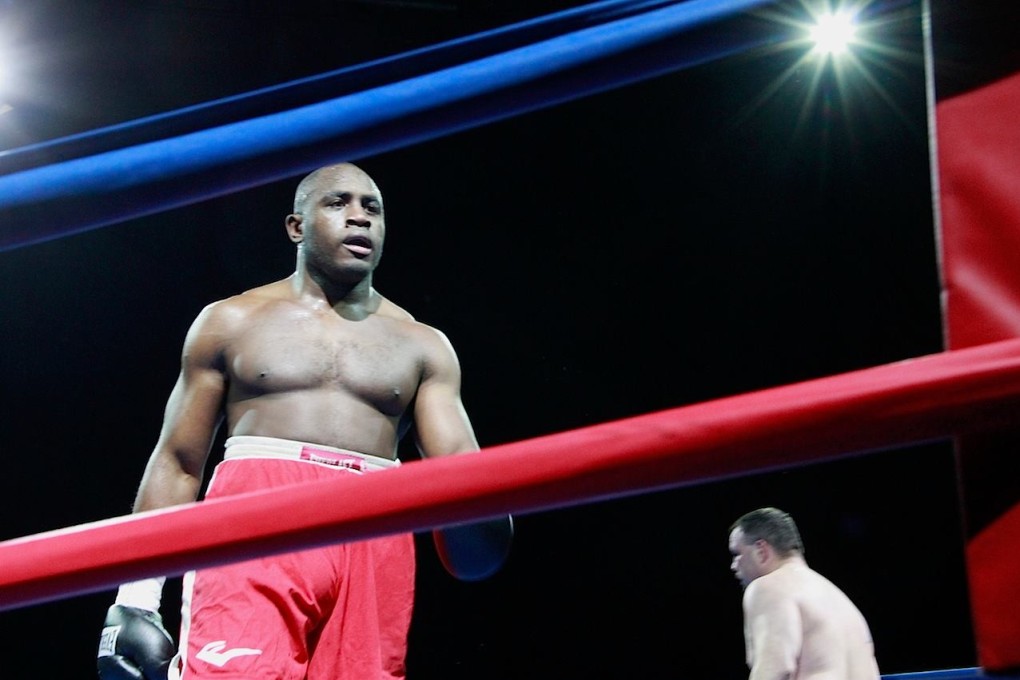How former heavyweight boxer Ed Latimore found himself, sobriety and a new way of life as a writer
- The 35-year-old former pugilist recounts his time in the projects of Pittsburgh, the ring and beyond
- Now an author, blogger, Twitter philosophiser and public speaker, Latimore is part of a wave reinventing the modern masculine male

Describing Edward Latimore Jnr feels like describing three, maybe four people. The 35-year-old American is a retired professional heavyweight boxer, a physics graduate, a former member of the US National Guard, an Amazon bestselling author and public speaker.
Oh, and he calls Porto in Portugal his home, is an avid chess player, has more than 100,000 Twitter followers and loves poetry.
But to know the current version of Latimore the man, also six years sober (December 23, 2013), you have to go back to his hometown of Pittsburgh, Pennsylvania, to a boy who thought he had the world figured out, when in fact he was as lost as anyone could get.
Latimore found himself sitting at the dinner table at his girlfriend’s mother’s home. It was 2007 and the 22-year-old had dropped out of the University of Rochester almost as quickly as he had enrolled, blown US$55,000 worth of insurance money given to him after his father’s passing, was working as a Starbucks barista and eating food cooked for him daily.
Full of youthful naivety, Latimore got into an argument with his girlfriend’s mother, who was a university professor, claiming higher learning was useless and unnecessary. Latimore, ranting away, got stopped in his tracks.
“She said to me, ‘Well what have you done in the past four years since you’ve graduated from high school except eat my food?’ And it just stopped me in my tracks. And I remember I went home and cried – because it was true.”